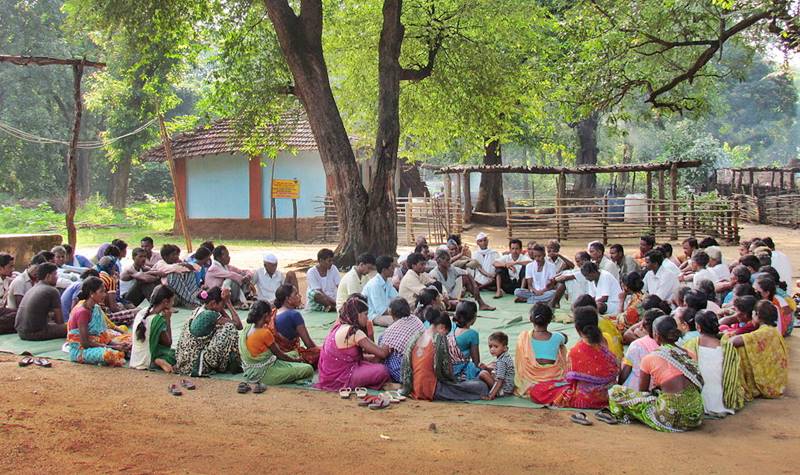Budget Session: Enabling gram panchayats to become self-financed will strengthen rural economy, says Centre
In reply to a question about the government’s plans to make gram panchayats self-financed, the Union Ministry of Panchayati Raj told Rajya Sabha that doing so would result in village councils becoming self-reliant and eventually contribute to the rural economy. More details here.


It is important to note that as per the 15th Finance Commission, a sum of Rs 236,805 crores has been earmarked for providing financial support to the rural village councils in a period of 2021-26.
While replying to a question in the ongoing Budget session of the Parliament, the Union Ministry of Panchayati Raj stated on February 2 that enabling the local village councils to become self-financed and thereby reducing their dependence on financial support from the Centre would contribute to the economic growth in the rural areas.
“This will have the effect of making the Panchayats as self-reliant and vibrant institutions of local governance and empower them for the effective delivery of services to strengthen the rural economy,” Union Minister of Panchayati Raj Kapil Moreshwar Patil stated in a written reply.
Union Budget 2022: Here’s what the budget has to offer rural India
The question about the government’s plans to enable the gram panchayats (village councils) in becoming self-financed was asked by Rajya Sabha member and Aam Aadmi Party leader Sanjay Singh.
It is important to note that as per the 15th Finance Commission, a sum of Rs 236,805 crores has been earmarked for providing financial support to the rural village councils in a period of 2021-26.
The Union Minister also stated that the Constitution does have the required provisions to enable the gram panchayats to collect taxes.
“In terms of Article 243H, the state legislatures may, by law, authorize, the panchayats to levy, collect and appropriate taxes, duties, tolls and fees; assign to the panchayats such taxes, duties, tolls and fees subject to conditions and limits; provide for grants-in-aid to the panchayats from the consolidated fund of the state, and create its own fund to credit its money to,” the Minister stated.
He also mentioned that in terms of Article 243-I of the Constitution, the Governor shall constitute a state finance commission every five years to review the financial position of the panchayats.
As per the Constitution, these state finance commissions can recommend the Governor to regulate the distribution of the collected revenue amongst the states and the village councils. Also, the village councils needing financial assistance have to be provided funds from the consolidated fund of India.
The minister pointed out that the state finance commissions can also suggest the measures needed to improve the financial position of the gram panchayats and any other matter referred to the commission by the Governor in the interests of sound finance of the panchayats.

